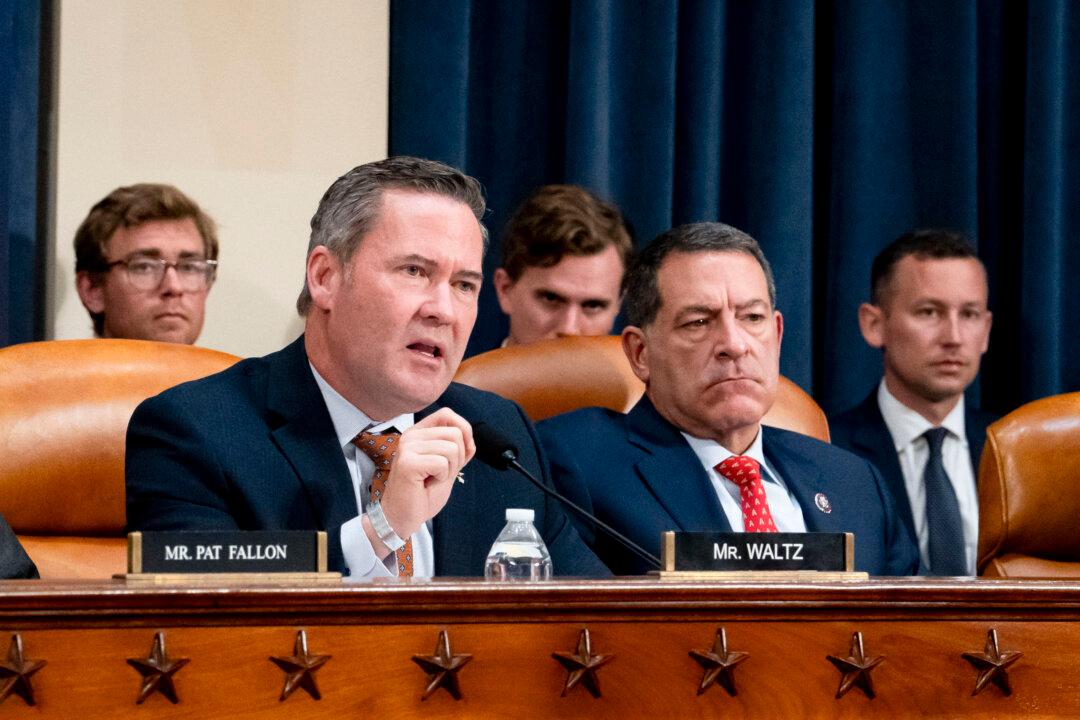The United States needs to change from a purely defensive to an offensive cyber strategy, and U.S. tech firms can help, according to Rep. Mike Waltz (R-Fla.), the incoming national security adviser for the Trump administration.
“We need to start changing behaviors on the other side rather than just having this escalation of their offense and our defense,” Waltz said on CBS’s “Face the Nation” on Dec. 15.





